As any mother of the bride knows, there’s a successful website called The Knot to help couples getting married. When Brooklynite Elise Pettus faced the unexpected end of her marriage, she thought, Shouldn’t there be a support site for when you need to undo the knot? That’s how UNtied came into being. Pettus, the 50-something journalist and filmmaker, created the website and community to host meet-ups, workshops, and to guide women through this enormous change and into their new lives ahead. We sat down with her to learn more about her mission and leading a happy, “re-singled” life.
Was there anything like UNtied when you started it? If not, what did you use as your model? How did your vision come together?
No, there was absolutely nothing like UNtied when I started it. That’s why I decided to create the education and support community that I felt I needed. I was married for 16 years with two kids when my marriage fell apart in 2010. As soon as the shock wore off, I found myself wanting desperately to connect with other women going through the same kind of mind-churning, life-bending experience I was—or, even better, who had been through it and were still standing. I also wished I had someone who could help me find the right attorney, financial advisor, and therapist. I was the first in my social circle to split, so I didn’t know anyone to turn to.
I remember thinking “Thank God for the Internet,” but when I looked online for resources and peer advice, I came up empty! There were sites that provided legal info in tiny print that went on for pages. And then there were the heartbreak blogs in which writers poured their anger out at cheating spouses, recounting various “gotcha moments” in obsessive detail—finding a condom in the pocket of a dinner jacket, etc.
But I wanted something more supportive, something that built community.
Do you have to be a member to get help through UNtied?
Not at all. You can attend any of our events a la carte, which means $45 for a panel event. Usually, if people decide to go to a single event, I recommend a workshop because that will offer the opportunity to go deep and trigger big changes. They are also ideal places to make lasting bonds with other women. One group of women who met at our dating workshop three years ago has been renting vacation places together ever since.
Are your events only available in New York, where you are based? Is there any plan to start more groups that meet for events in different cities?
Every event we have is live streamed, so no matter where you are, you can join our community. In the coming year, we are planning to take our Grief & Gratitude workshop and First Steps panel to Toronto and Los Angeles. The topics are almost always applicable no matter what state you live in: first financial steps, co-parenting teens, online dating. I’d love to see an UNtiedTX, UNtiedLA, etc. Anyone want to volunteer their living room? We’ll book the experts and run the workshop!
What are UNtied’s most popular events?
The most popular events are the dating events, beauty and health nights, and most of the finance-focused events. Having said that, we organized an event on addiction/mental illness and divorce, and we had a surprisingly big crowd. I think there was a real longing to connect with others going through similar struggles.
Our Good Part dinners started when several women who’d been coming to UNtied events said, “We’re ready to to meet someone—are you going to find us great singles’ events?” I said, “Of course,” but then I couldn’t find anything for singles over 40, except for a cheesy mass-marketed event called “Divorce Night,” which kept getting canceled because no one signed up. So I decided to put some events together myself. I spoke with a lot of matchmakers and successful nightlife impresarios to learn some of their secrets.
The challenge was getting guys to come—which we did—and they were interesting, smart, attractive guys! The secret was creating an event that had an air of mystery, adventure, and sexiness to it and that offered entry to a one-off happening you wouldn’t want to miss. If there are any second marriages in the offing, I’ll probably have to wait to read about them.
What percentage of your members are over 50—ballpark estimate?
I’d say 75 percent are 50 and up.
What do you think is fueling the “gray divorce” epidemic? How are the needs and issues of women getting divorced over 50 different than younger divorcees?
Have you visited an old graveyard lately? At Trinity Church Cemetery in New York City, where Alexander Hamilton rests in peace, it’s hard to find a marker for people who made it past 44. For most couples, things are peachy at 44—and if not, they are often too busy with kids to notice, or to do anything about it. So our longer lifespan is one big reason.
The other big one is women’s increasing economic independence. A recent AARP study found that most “gray divorces” are initiated by women (60 percent). After the kids leave the nest, women are less willing to just soldier on in a bad marriage, especially if they have their own income. We are all susceptible to caretaker fatigue. And if a spouse is verbally abusive, a drinker, financially irresponsible, or emotionally shut down, I hear from women, “I’m done taking care of my kids, but now I still need to take care of him? I don’t think I’m up for this.”
Also, I’m not sure epidemic is the right word, because it isn’t all suffering. I see a whole lot of divorced women in their 50s and beyond feeling the healthiest and happiest they’ve ever been. They are hitting their stride in their career, doing activities they love, finding supportive friendships. A lot of them are having great sex and some of them finding great love, too!
How have your skills and experience from your former career—journalism and filmmaking—helped you be successful with UNtied?
In a lot of ways, this job turns out to be the perfect place to channel the skills I picked up from earlier lives. Finding the best speaker for a particular panel is not much different than sussing out the best sources for a magazine story. And I will never tire of interviewing people.
What’s the best advice you ever received when you were going through your divorce?
The best advice was “Be careful not to drown your sorrows in Chardonnay.” That ranks as “best” only because the other advice was pretty poor. “Take him to the cleaners” and “Interview every top lawyer in town so he can’t hire them,” were the kinds of things I was hearing—mostly from older relatives. This just wasn’t going to make things go smoothly for us as future co-parents.
Is there a such thing as an ideal divorce? If so, what does it look like?
Ideal divorce? Any time two divorcing parents agree that they love their kids more than they dislike each other, there’s hope for a low-conflict divorce.
You reinvented yourself at midlife and after a hurtful divorce. What is your advice to others who want to launch a new career or passion at this time in life?
Well, oddly, a lot of women find that it’s easier to take risks after a divorce. I’m one of them. When the worst thing you can think of actually happens to you, there’s a lot less to be fearful of. I’m not saying “get a divorce, it’ll make launching a new career a cinch!” but separation and divorce does thrust one into a world of discomfort and newness that can build your muscles and make you stronger to face other challenges. I’d say my advice is to find people you can go to for support. It could be a therapist, a coach, a single great friend, or, better still, a tribe. For me and for a lot of women I know, it makes the biggest difference of all.

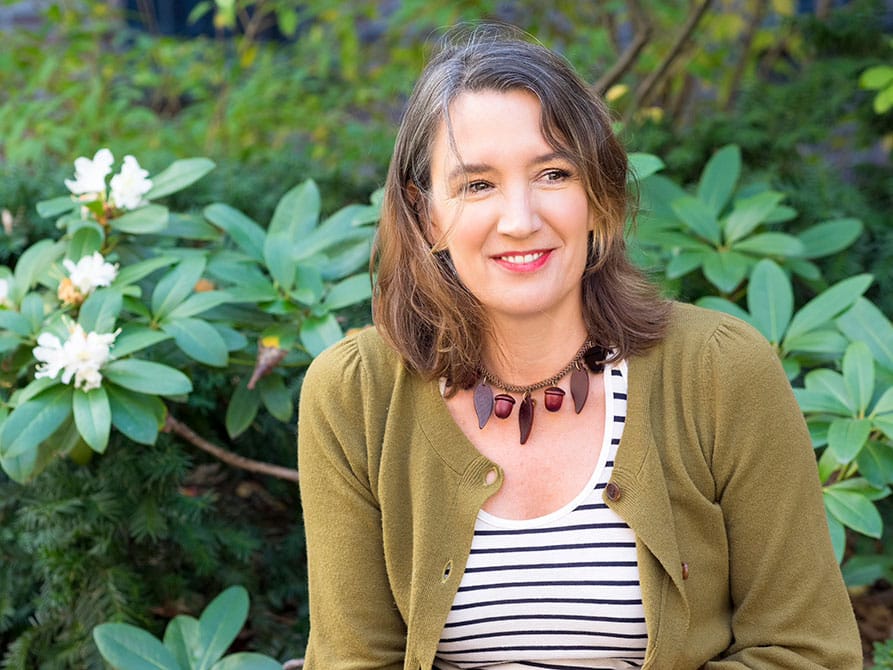




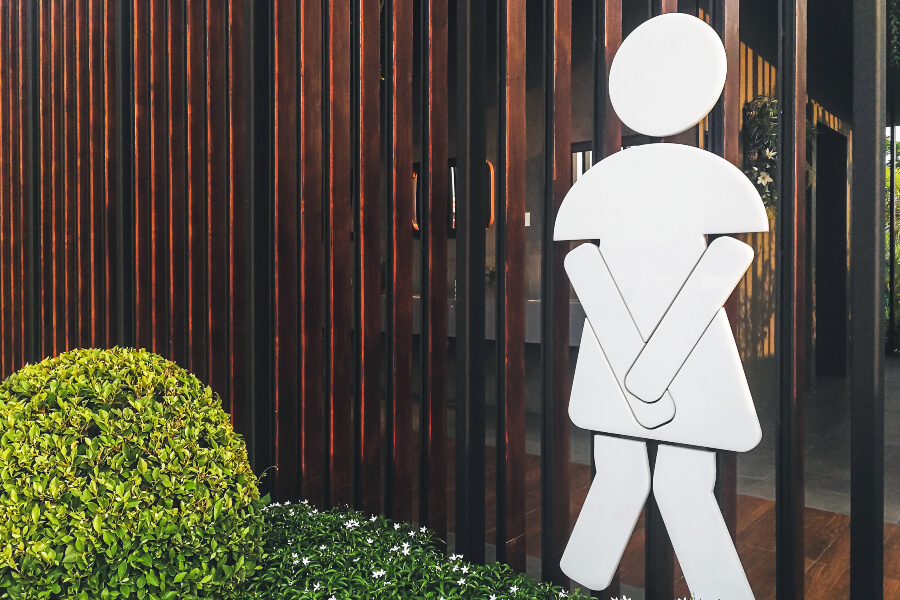





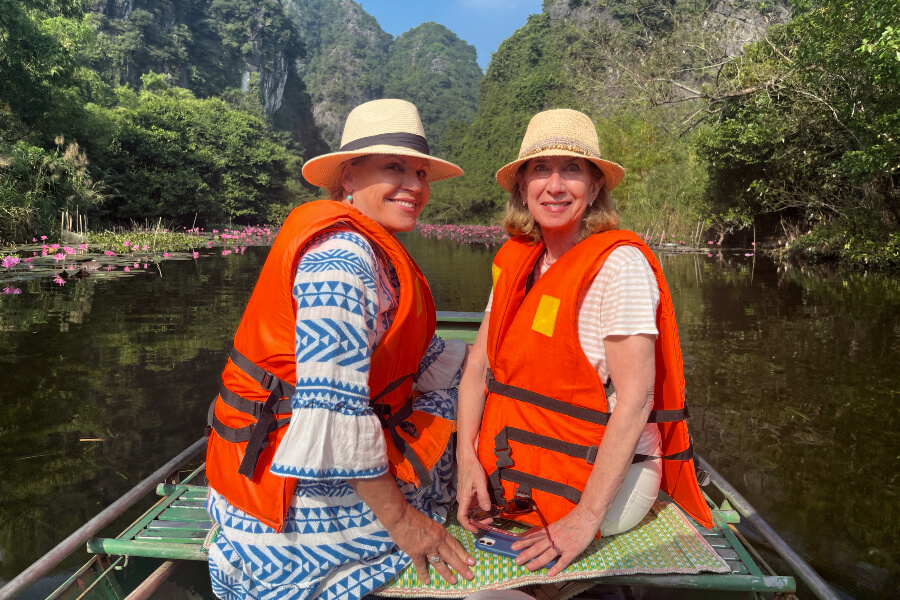
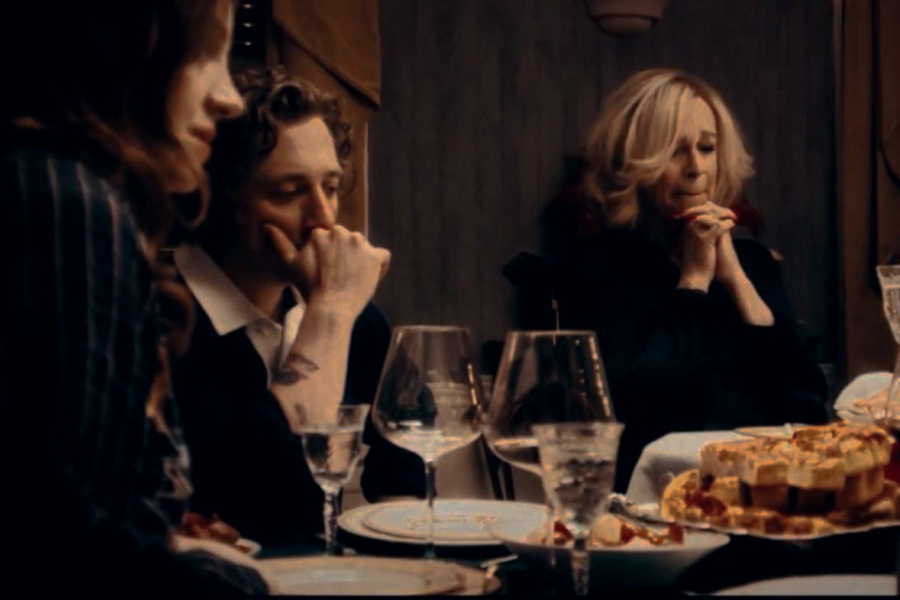
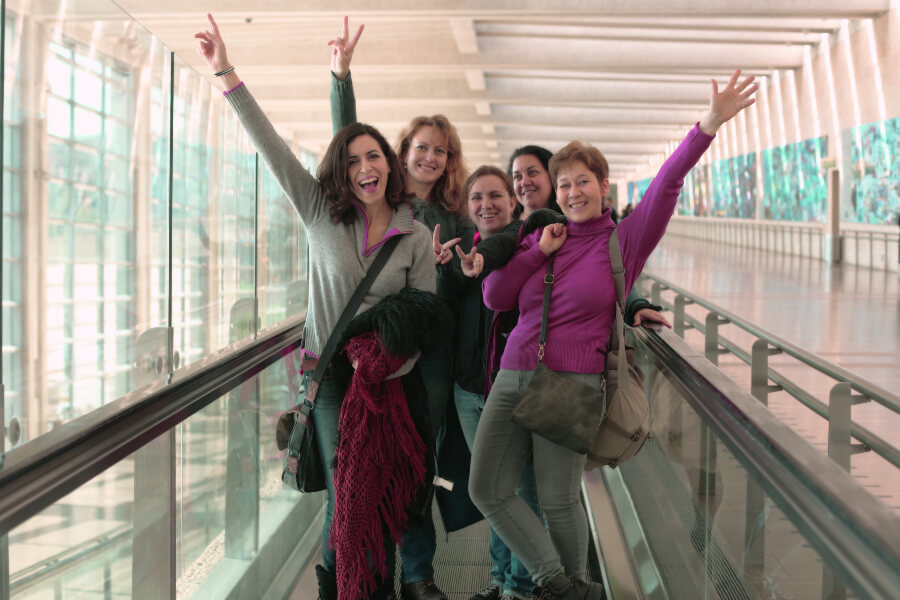
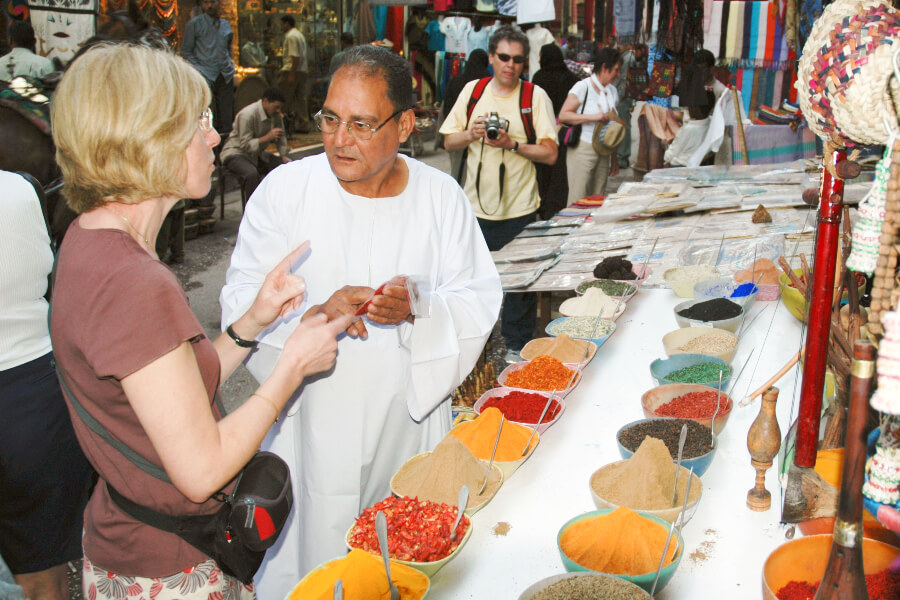

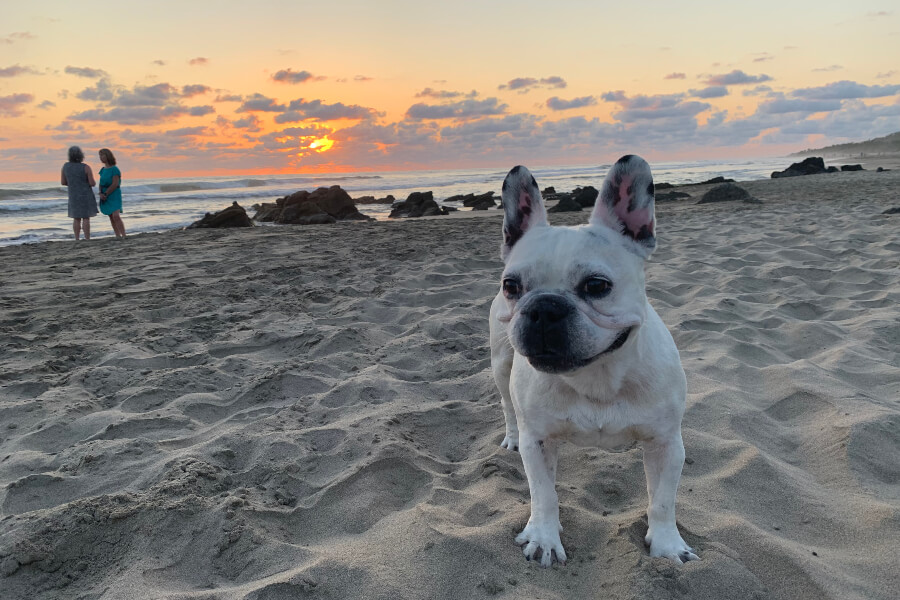

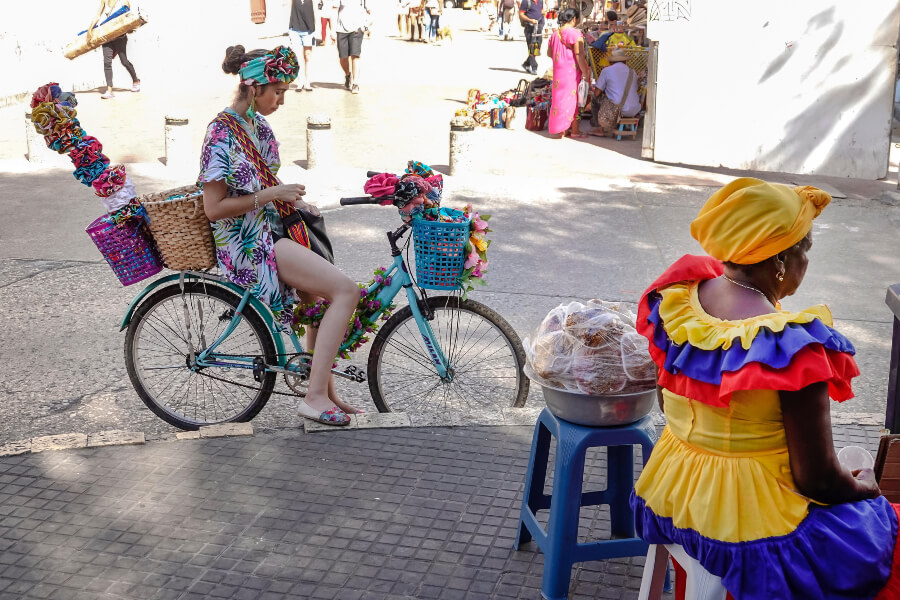

0 Comments